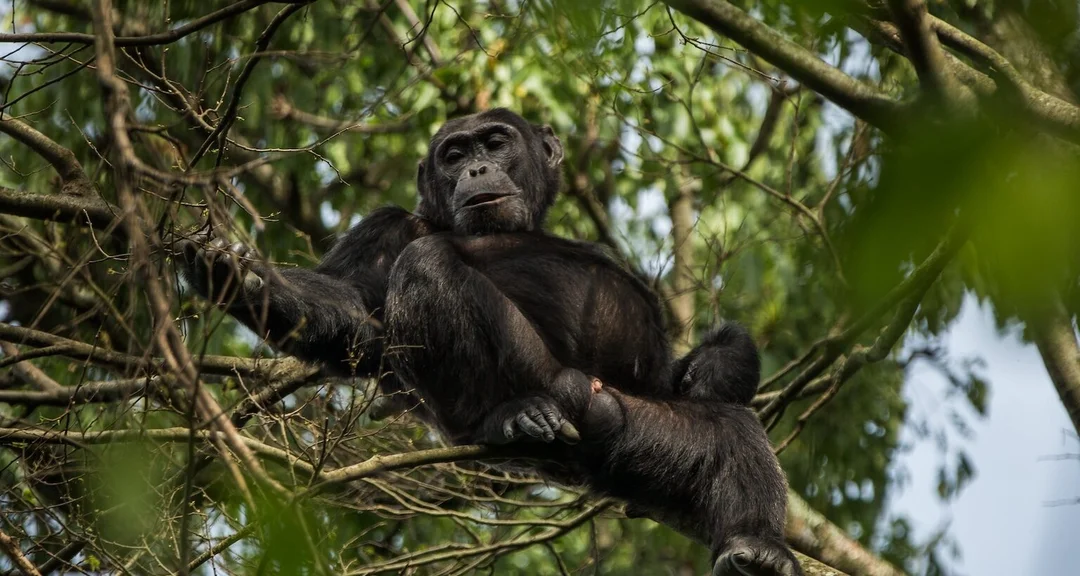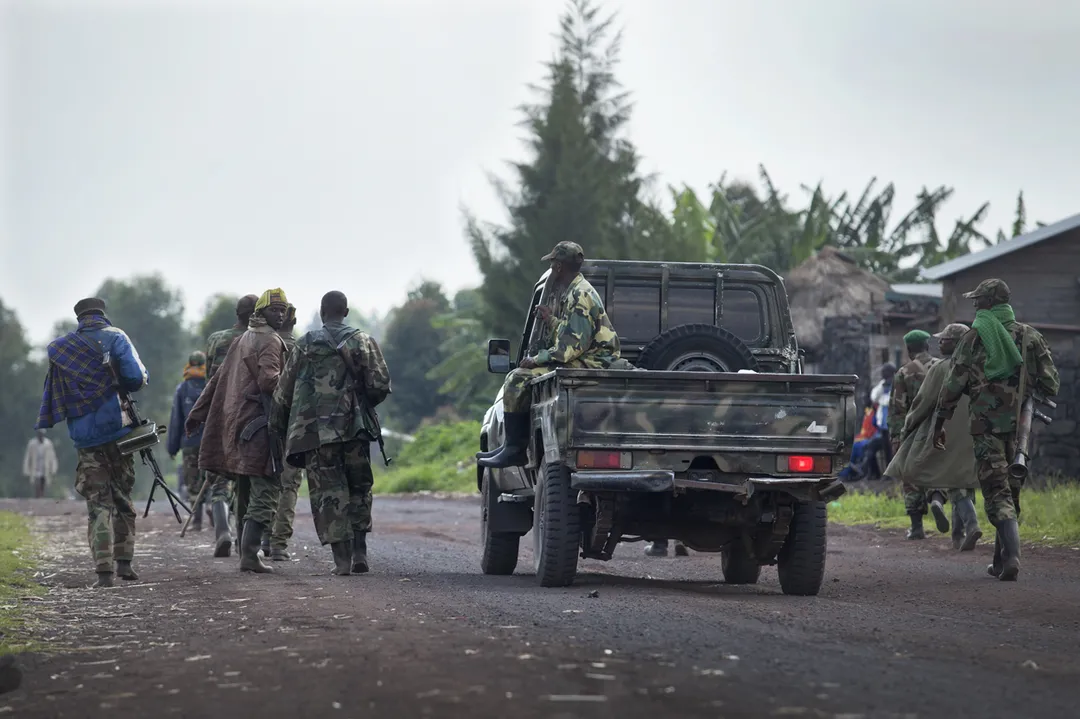
The Dire State of Wildlife in Virunga National Park Amidst Conflict
In a troubling report from the field, the ongoing poaching crisis in Virunga National Park has intensified, driven by a mix of armed conflict and a breakdown of conservation efforts. Researchers and park officials indicate that the security situation is at an all-time low since the resurgence of the M23 rebellion in eastern Democratic Republic of Congo (DRC) in 2021.
Recently, on March 11, 2025, park authorities found a young gorilla named Fazili trapped in a poacher’s snare. "Thanks to the rapid intervention of our monitoring team and veterinarians, Fazili received emergency care, including the removal of the trap and treatment for his injuries," stated officials via Virunga National Park’s social media account. This incident highlights the vulnerable state of wildlife, with poaching significantly increasing due to a lack of regular patrols.

The situation has been exacerbated by the withdrawal of eco-guards from numerous strategic points in the park due to threats from M23 militia. Reports indicate that wildlife populations are experiencing a 50% decline since 2021, and while no species have entirely vanished, the threats are ever-present.
The external relations manager of Virunga National Park, Méthode Uhoze, explained, "Since the M23 war’s resurgence, eco-guards have no longer been able to patrol all areas due to the presence of armed groups." This leaves large areas unchecked, allowing poachers to exploit the situation unchecked.

Despite the rapid decline in wildlife, there are some glimmers of hope. The park boasts a population of over 1,000 mountain gorillas, a significant increase from just over 350 in the 1980s. In 2024, park authorities reported ten gorilla births, largely credited to the monitoring efforts of community trackers.
Nevertheless, the prevailing insecurity poses a serious threat to these conservation efforts, and new alliances between civilians and armed groups suggest a troubling complicity in poaching activities. Residents report that poachers operate with impunity, sometimes under the protection of armed men, endangering various species, including elephants and gorillas.

The situation remains critical, with laws and international conventions in place meant to protect natural resources during armed conflicts largely ignored. According to legal experts, new policies are imperative to adapt to the changing dynamics of conflict and conservation in the DRC.
As the challenges mount, one question remains: can we find a balance between protecting these endangered species and navigating the complex socio-political landscape? Readers, what do you think can be done to address this crisis? Please share your thoughts in the comments below.
